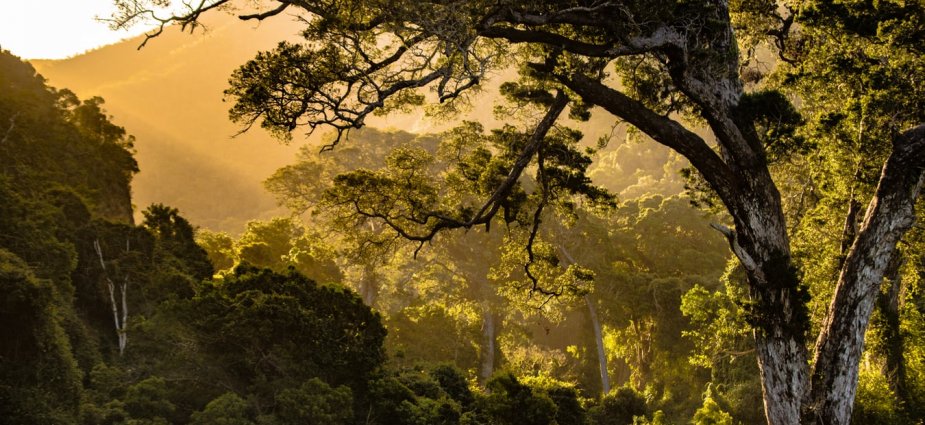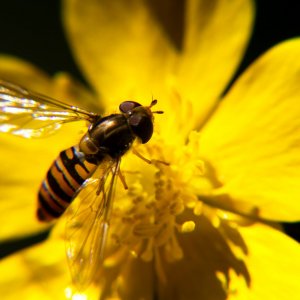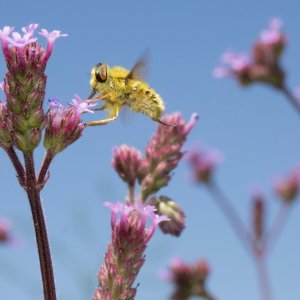Establishing Circular Economies has become in impactful way to address climate change and build a greener, cleaner and sustainable environment for current and future generations. Linear food systems have for many years supported a fast-growing population and economic growth.
However, it has also come at an enormous cost to water, soil quality, biodiversity, ecosystem services, and the climate. Therefore, a fundamental transformation to circular economy systems is crucial to prevent further depletion of natural resources and maintain an environment suitable for human habitation. Here are five organic practices that can create a circular economy. You can achieve circular economies through organic and biodynamic farming. Certified farming system cycles carbon and nutrients, optimises productivity and at the same time protects the environment, minimizes soil degradation and erosion. Thus promoting a sound state of health for the land by preventing the use of pesticides and chemical fertilizers.
Regenerative and sustainable farming is another option. These systems help to achieve a beneficial balance between the need for food production and the preservation of the ecological systems, within the environment. There is a predominant use of sustainable recycled organic inputs in production. Using compost as nature’s fertilizer diverts food waste from going to landfill. Its nutrients are reused as fertiliser and recycled back into the circular economy, offsetting greenhouse gas emissions in the environment through carbon sequestration and amelioration.
Using organics help promote biodiversity. Organic farming systems that use compost as organic fertilizer promote soil organic matter and fertility which in turn boost biological activity within the soil and farmland. In lesser-known applications, recycled organic materials are used in bio-filters to treat run-off in urban locations and at farms. These organic biofilters remove pollutants in the stormwater before it travels into our waterways. National organic week takes place from 9 to 15 September.
Readers also enjoyed our story Praise You













